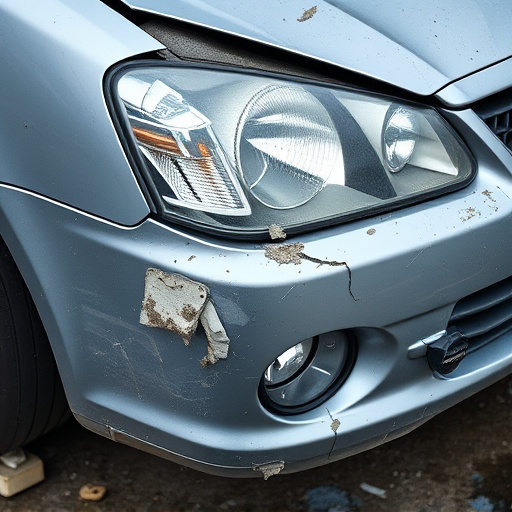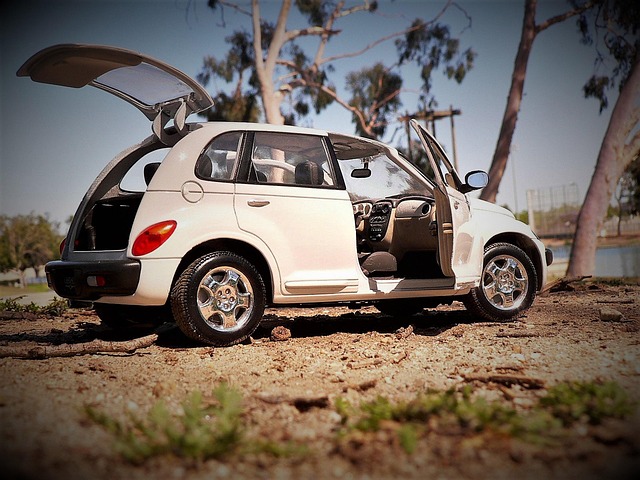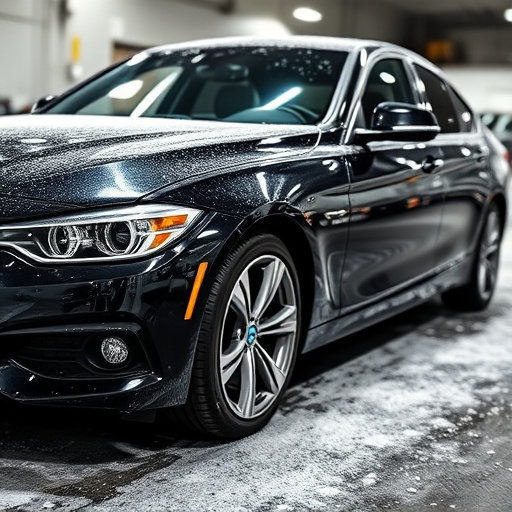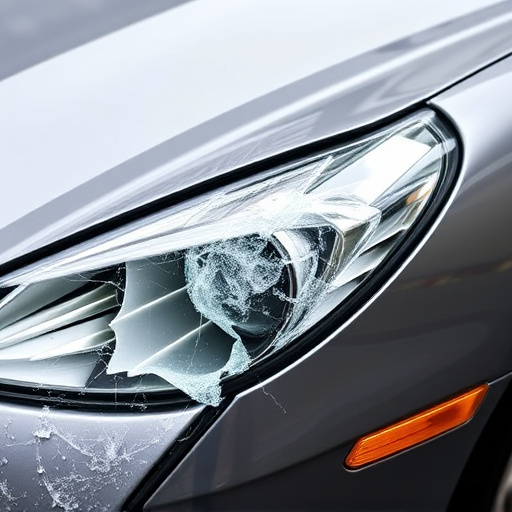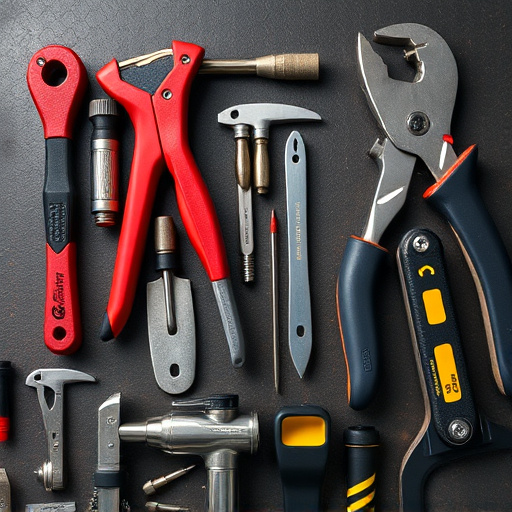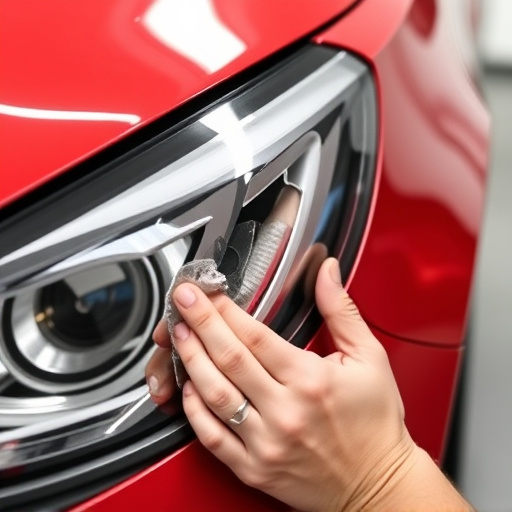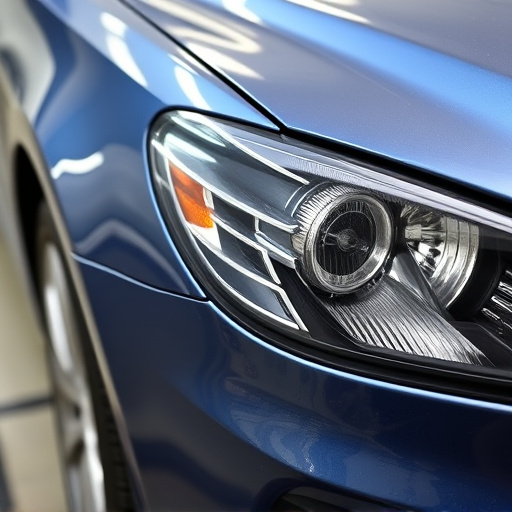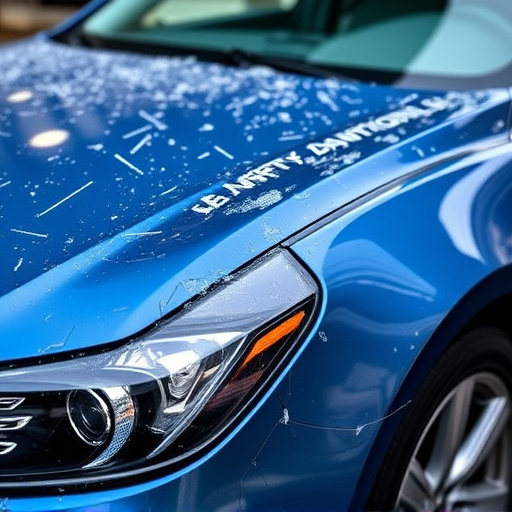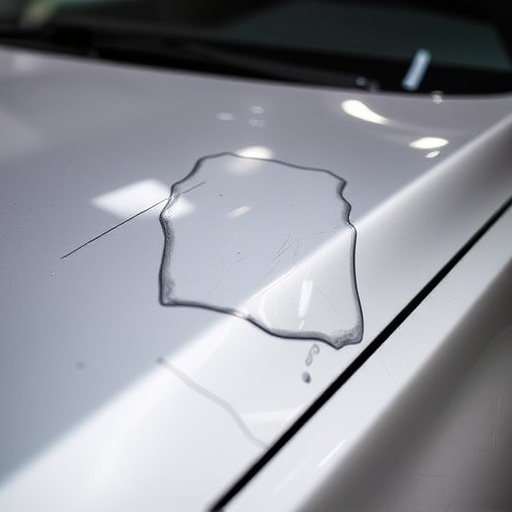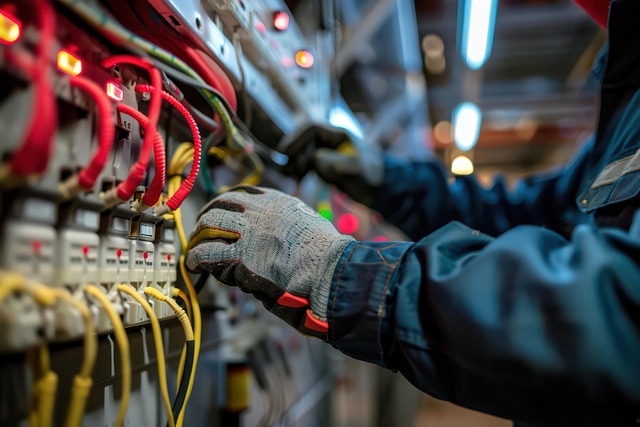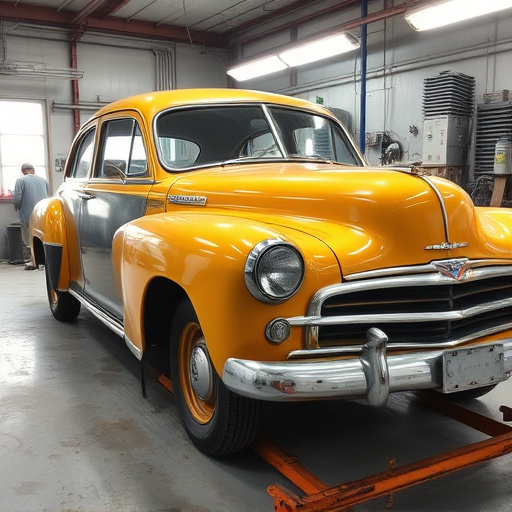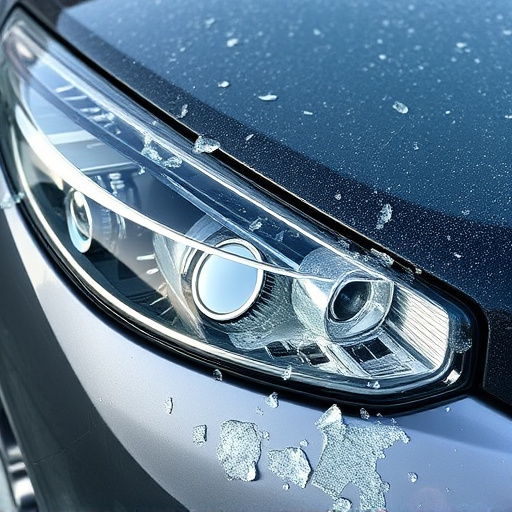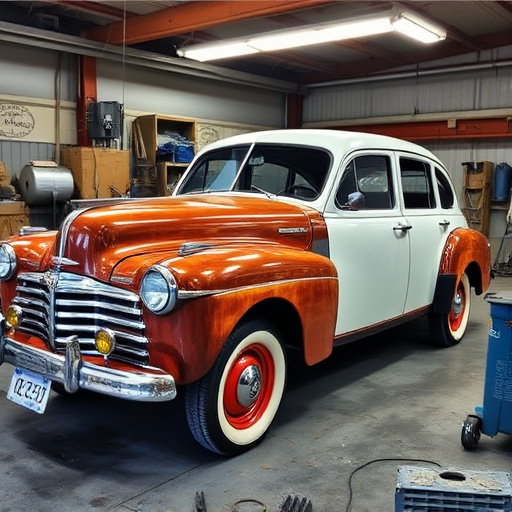Waterborne paint systems, once dismissed as unsuitable for complex body shop services, now offer superior durability, low odor, quick drying, and efficient work flows compared to traditional solvent-based paints. Gaining popularity due to environmental benefits, reduced VOC content, and minimal impact on air quality, these systems provide high-quality finishes with fast drying times, versatility for various surfaces, and cost-effectiveness. Choosing the right waterborne paint system requires understanding specific needs, including environmental impact, drying time, and color range, to ensure optimal performance aligned with the shop's unique requirements.
In the auto industry, choosing the right paint is crucial for quality repairs and customer satisfaction. Waterborne paint systems have gained popularity due to their perceived benefits but are often shrouded in myths. This article debunks common misconceptions about waterborne paint, highlights its advantages in auto shops, and provides guidance on selecting the best system for specific shop needs, ensuring efficient and effective painting processes.
- Debunking Common Misconceptions About Waterborne Paint
- Advantages of Waterborne Paint Systems in Auto Shops
- Choosing the Right Waterborne Paint for Your Shop's Needs
Debunking Common Misconceptions About Waterborne Paint
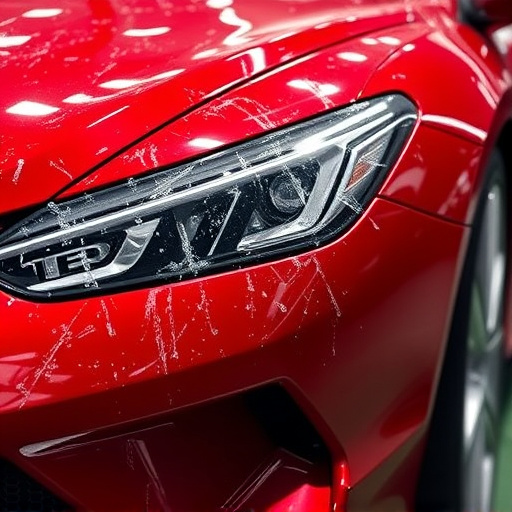
Many auto shops still harbor misconceptions about waterborne paint systems, often due to outdated information or a lack of understanding of their benefits. One common myth is that waterborne paints are less durable than traditional solvent-based paints, but this couldn’t be further from the truth. Waterborne paint systems have been shown to provide excellent durability and resistance to chipping and fading, making them suitable for even the most demanding car repair shop applications.
Another misconception is that these paints are not suitable for complex body shop services or car collision repairs. In reality, waterborne technology has advanced significantly, allowing for precise application and seamless finishes in both minor and major repairs. Their low-odor and quick-drying properties make them a preferred choice for many body shops, ensuring efficient work flows without compromising on quality.
Advantages of Waterborne Paint Systems in Auto Shops
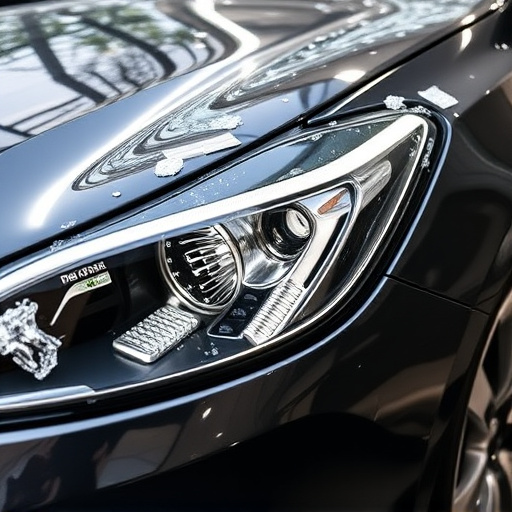
Waterborne paint systems are increasingly becoming a preferred choice among auto shops for several compelling reasons. One of the primary advantages is their environmental friendliness; these paints contain minimal or no volatile organic compounds (VOCs), making them a greener alternative to traditional solvent-based paints. This not only reduces the shop’s carbon footprint but also improves air quality, benefiting both employees and customers.
Moreover, waterborne paint systems offer superior coverage and fast drying times, which streamlines the vehicle restoration process in car body shops. They are highly versatile, suitable for various surfaces including metal, plastic, and even some types of composites. This versatility makes them a cost-effective solution for diverse vehicle bodywork needs. Additionally, these paints provide an excellent finish, with smooth textures and vibrant colors that enhance the overall aesthetics of restored vehicles.
Choosing the Right Waterborne Paint for Your Shop's Needs
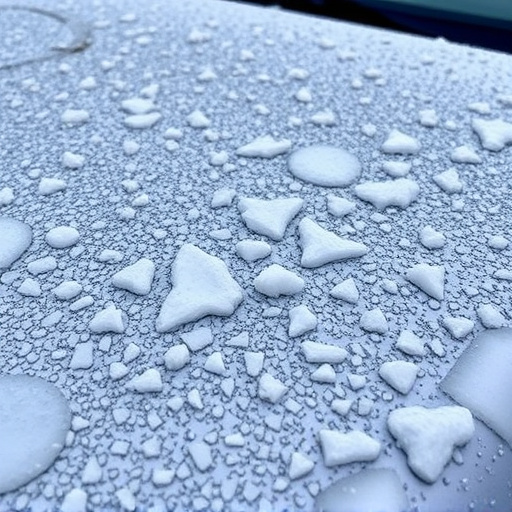
When it comes to selecting waterborne paint systems for your auto shop, understanding your specific needs is paramount. Different paints cater to various tasks, from minor scratch repairs to complete car damage restoration in collision centers. Thus, the first step is assessing the scope of work and the type of projects you’ll be handling on a regular basis.
For instance, if your shop primarily focuses on minor cosmetic fixes like scratch repair, a thinner, more versatile waterborne paint might suffice. However, for collision centers dealing with extensive repairs, opting for a robust formula designed to withstand rigorous application and curing conditions is essential. Additionally, considering factors such as environmental impact, drying time, and color range will help ensure you choose the most suitable waterborne paint system for your shop’s unique requirements.
Waterborne paint systems have revolutionized auto shop painting, offering a host of advantages over traditional options. By debunking myths and understanding their unique benefits, shops can unlock efficient, environmentally friendly, and high-quality finishing processes. Choosing the right waterborne paint tailored to specific needs ensures optimal results, cost-effectiveness, and a reduced impact on both workers’ health and the environment. Embracing this innovative technology is a step towards a more sustainable future for auto body repair and customization.
